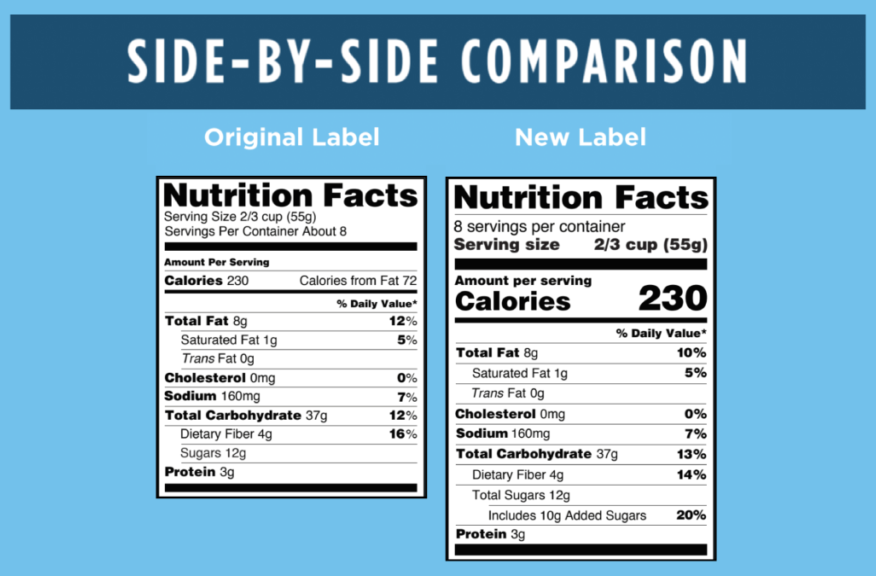Every five years, the U.S. Departments of Agriculture (USDA) and Health and Human Services (HHS) jointly publish the Dietary Guidelines for Americans (DGA), a series of evidence-based recommendations about what foods and beverages to consume, and in what amounts, to promote health, prevent chronic disease, and meet nutrient needs.
The 2020-2025 DGA, for the first time, provides recommendations by life stage, including for infants, toddlers, and women who are pregnant or lactating. The DGA recommends that children younger than age 2 avoid foods and beverages with added sugars. It also recommends exclusively feeding infants human breast milk for the first 6 months of life and substituting iron-fortified infant formula when human milk is not available.
The next iteration of the DGA, which will cover 2025-2030, is expected to address ultra-processed foods and emphasize health equity to ensure that guidance is relevant to people with diverse racial, ethnic, socioeconomic, and cultural backgrounds.
The DGA is designed for policymakers and health professionals. The recommendations inform federal food, nutrition, and health policies, as well as education materials for federal nutrition programs. For example, the National School Lunch and School Breakfast Programs, WIC and CACFP are required to have nutrition standards that meet the DGA.



